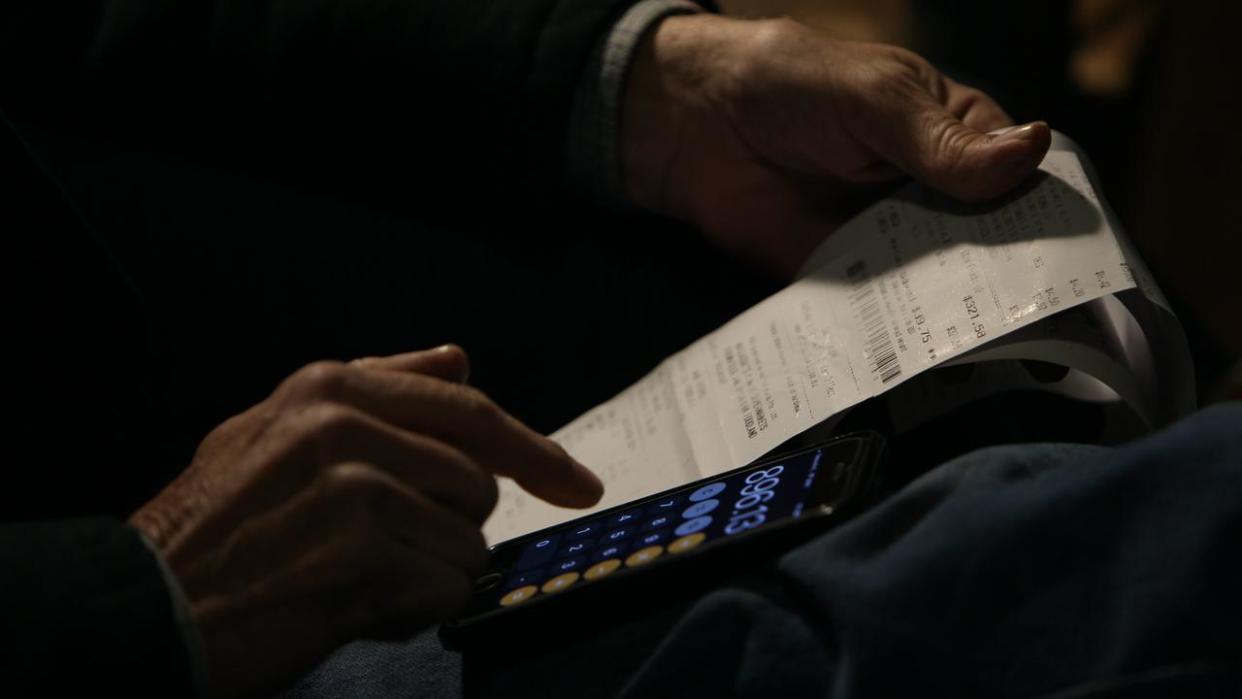Aussies worst hit by crisis revealed

People on lower incomes are often hit twice in the pocket because they are unable to shop efficiently, a new report has found.
Less well-off people don’t have the cash ready to take advantage of common money-saving methods like buying in bulk or paying costs annually rather than monthly, according to The Poverty Premium report, released by Anglicare Australia on Tuesday.
“It costs more to be poor,” said Kasy Chambers, Executive Director of Anglicare Australia.
Poorer Australians were also hit by higher transport costs due to living further from work, and missed out on good credit deals due to having a lower bank balance.

Aussies doing it tough will often go into “debt spirals” to be able to afford basic essentials, or choose to skip things like insurance which ends up costing them down the track.
“These extra costs are a poverty premium, punishing people who are already earning less,” Chambers said.
“We’ve found that people can pay up to one and a half times more for the same service, pushing them even further behind.”
The report found people on low incomes spend 20 per cent more on energy, a huge 93 per cent more on groceries and a massive 142 per cent more on phone data.

Australians feeling the pinch more than ever needed increased support to get them out of the spiral of poverty, according to Ms Chambers.
“Australians doing it tough need real action, and real leadership,” she said.
“That means raising the rate of Centrelink payments, making the minimum wage a living wage, and creating cheaper insurance and energy options for people who need them.”
“People on low incomes did not create Australia’s cost-of-living crisis. They shouldn’t be asked to pay a higher price for it.”


